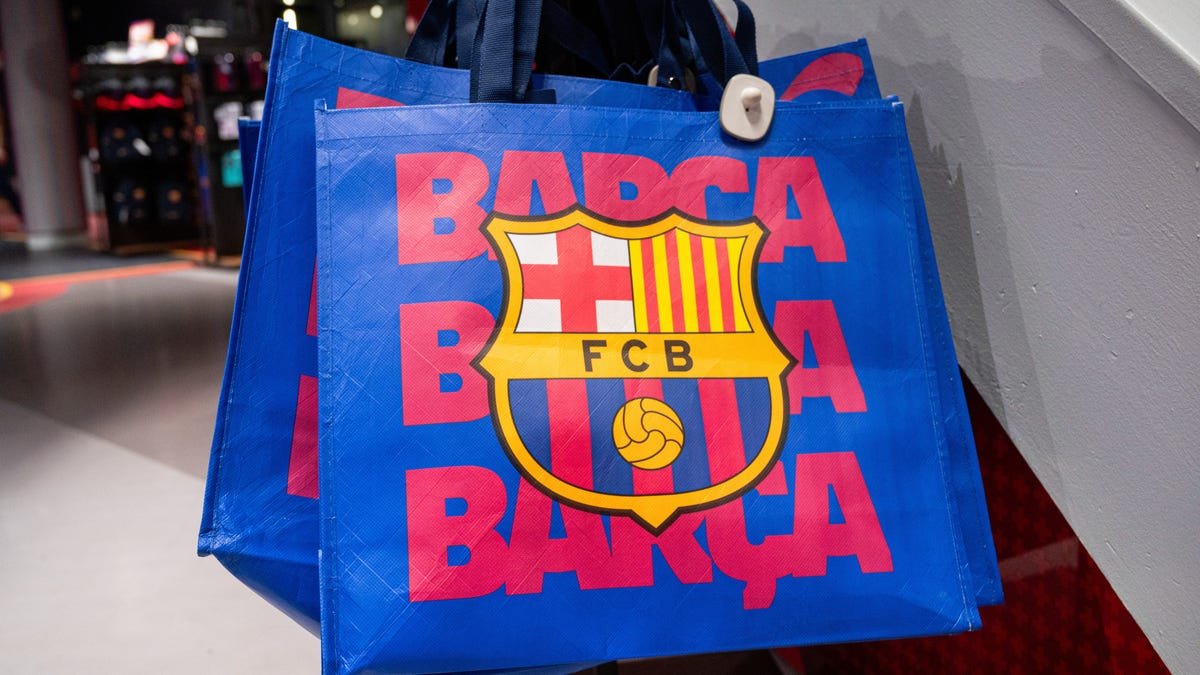The Controversy Surrounding European Football’s Move to Saudi Arabia
As the European football season progresses, fans and pundits alike have found themselves questioning the decision to hold certain matches in Saudi Arabia. Spain and Italy, for example, have moved their “Super Cup” games to the Middle Eastern country in the middle of the season, while Turkey attempted to do the same but faced backlash. These games traditionally pit the previous season’s league winners against the cup winner, but both football associations have expanded the competition to include the runners-up from each tournament in order to generate more revenue and justify the travel to Saudi Arabia.
One team that has particularly courted controversy is Barcelona. Known for their recent struggles and off-field issues, the club made sure to make their latest trip to Saudi Arabia as uncomfortable as possible for everyone involved, shedding light on their questionable priorities. On their official website, Barcelona posted guidelines for traveling fans, including a specific section for LGBTQ+ supporters. These guidelines warned fans of severe penalties for engaging in any form of LGBTQ+ expression, even on social media, and urged them to be “respectful and prudent” when it comes to public displays of affection.
This situation mirrors the controversies surrounding the World Cup in Qatar, where FIFA president Gianni Infantino had to implore fans to be “respectful” of the country’s oppressive policies towards LGBTQ+ individuals. Despite initial claims of acceptance and inclusivity, the Qatari government quickly confiscated rainbow flags and scarves upon fans’ arrival for the tournament. It is disheartening to see clubs and football associations prioritize financial gain over the well-being and rights of their fans.
While it may be unrealistic to expect clubs to turn down the financial incentives offered by Saudi Arabia, it is important to acknowledge the ethical implications of playing matches in a country with such regressive policies. By accepting these opportunities, clubs are effectively telling a percentage of their fans that their humanity is worth less than the checks provided by a backward regime. This is not only morally wrong but also perpetuates a cycle of discrimination and repression.
The simplest solution would be to refrain from hosting major football matches in Saudi Arabia altogether. However, the allure of significant financial gains has overridden any concerns for human rights. The Saudi Arabian government’s “sports-washing” campaign aims to showcase the country’s ability to hold major sporting events while simultaneously avoiding any outrage or criticism over its treatment of LGBTQ+ individuals. This is a clear example of prioritizing profit over the well-being and rights of fans.
Looking ahead, the 2026 World Cup will be hosted by Saudi Arabia, further amplifying these concerns. It is disheartening to witness the footballing world overlook human rights abuses and discriminatory policies for the sake of financial gain. The onus is on governing bodies, clubs, and fans to demand change and ensure that the beautiful game remains a platform for inclusivity and equality.
In the end, it is crucial for clubs and football associations to reassess their priorities and take a stand against countries with oppressive policies. The sport should be a force for positive change, promoting inclusivity and acceptance. It is time for the footballing world to prioritize human rights over financial gain and work towards creating an environment where fans can express themselves freely, regardless of their sexual orientation or gender identity.




